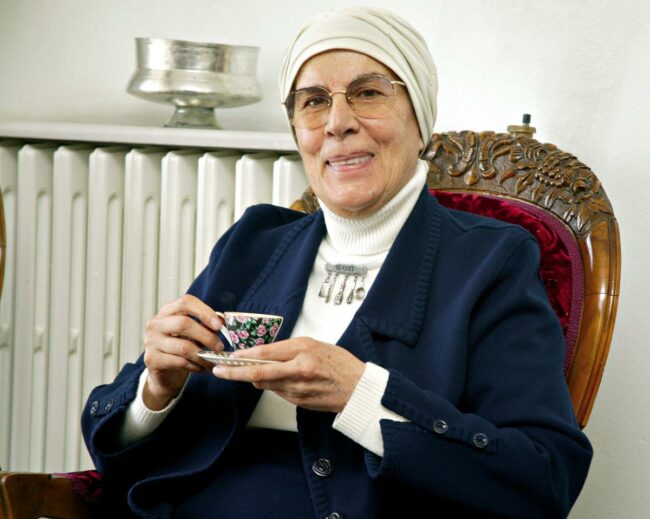Business-related personal insolvencies surge
… year, 344 individuals linked to business activity entered personal insolvency, up … share of personal insolvencies involving business-related individuals has risen from … .
Pressure across sectors and states
Business-related personal insolvencies are recorded …






